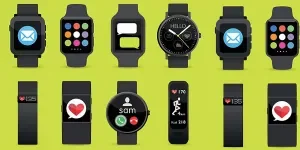Smart GPS Trackers and Locators are revolutionizing personal and asset security by providing advanced real-time tracking and comprehensive data analysis. These devices integrate seamlessly with smart technologies, offering precise location updates and enhanced safety features. Their compact design and user-friendly interfaces make them essential tools in various industries.
As technological advancements continue to evolve, the demand for these innovative trackers is skyrocketing. This article delves into the market trends, key technologies, and top models driving this growth in the Smart GPS Tracker and Locator industry.
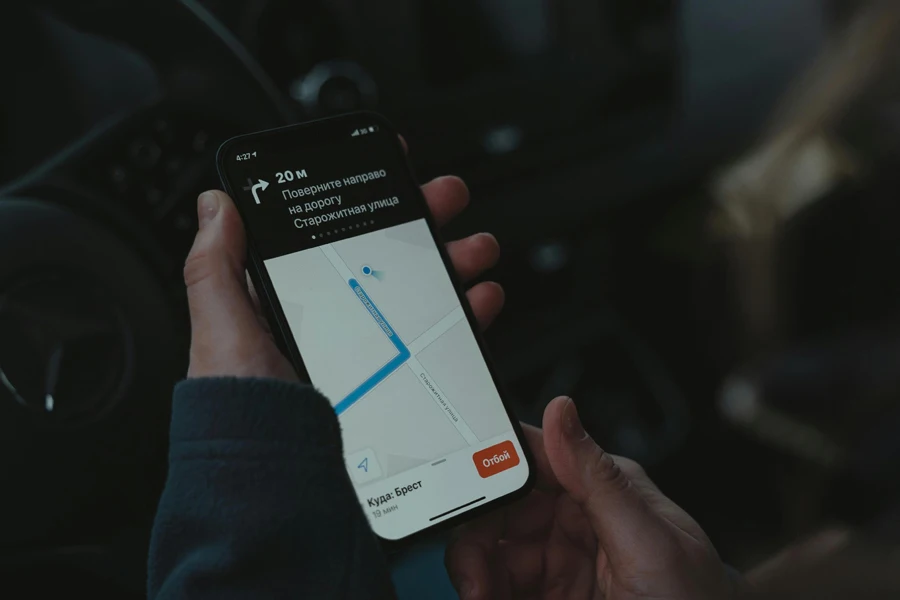
Table of Contents
● Market Overview
● Key Technology and Design Innovations
● Top-Selling Models Driving Market Trends
● Conclusion
Market Overview

Market scale and growth
The Smart Tracker market is projected to grow significantly from USD 0.64 billion in 2024 to USD 1.17 billion by 2029, registering a CAGR of 12.70%. This growth is driven by several factors, including increasing consumer awareness of health and fitness, the rising demand for personal and asset security, and the integration of advanced technologies in everyday devices. The market’s expansion is further supported by the growing trend of wearable technology and the broader adoption of Internet of Things (IoT) solutions.
Regional insights
Regional analysis indicates that North America holds the largest market share due to its early adoption of advanced technologies and the presence of key market players. However, the Asia-Pacific region is expected to be the fastest-growing market during the forecast period. According to Mordor Intelligence, this rapid growth is attributed to the increasing smartphone penetration, expanding IoT ecosystem, and rising consumer disposable incomes in the region.
Key drivers for the market include technological advancements such as improved sensor technologies and enhanced connectivity options like Bluetooth and UWB. These advancements not only enhance the functionality of smart trackers but also expand their applications in various sectors, including logistics, supply chain management, and personal health monitoring. As industries increasingly rely on data-driven solutions, the demand for smart trackers is expected to continue its upward trajectory, according to Mordor Intelligence.
Key Technology and Design Innovations
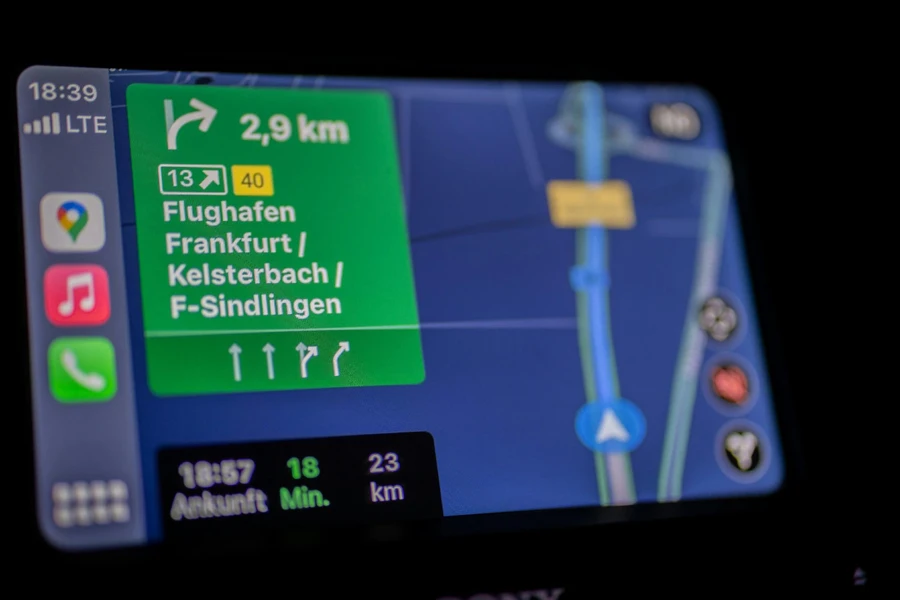
Augmented Reality (AR) Integration
Augmented Reality (AR) enhances the user experience by overlaying digital information onto the physical environment. By integrating AR with GPS tracking, users receive real-time, context-rich data directly in their line of sight.
For instance, AR can display navigation arrows on a user’s smartphone or AR glasses, showing precise directions and distance to the destination. This technology is also used in logistics, where drivers can see overlaid routes and real-time traffic conditions, improving delivery efficiency and reducing downtime.
Artificial Intelligence (AI)
Artificial Intelligence (AI) algorithms enhance tracking accuracy by learning from historical data and environmental conditions. AI can predict potential delays by analyzing traffic patterns, weather forecasts, and historical journey data, thus optimizing route planning.
AI also improves asset tracking by identifying irregular patterns that may indicate theft or loss, allowing for quicker response times. Additionally, machine learning models can customize user experiences by analyzing individual behavior, offering personalized notifications and alerts based on specific preferences and routines.
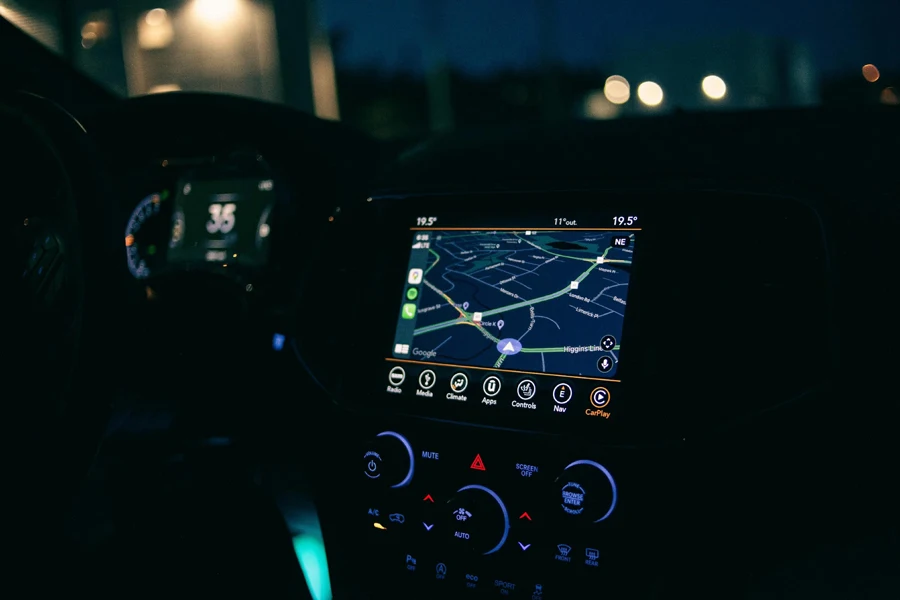
5G Connectivity
5G connectivity brings significant advancements in real-time tracking capabilities by reducing latency to less than one millisecond and supporting higher data transfer rates up to 10 Gbps. This enables GPS trackers to provide almost instantaneous location updates and high-resolution live streaming for security purposes.
The enhanced bandwidth of 5G supports the simultaneous connection of multiple devices, ensuring seamless integration in smart cities where interconnected systems rely on precise location data. This is particularly beneficial for applications like autonomous vehicles, which require real-time data for safe navigation.
Wearable Devices
Wearable GPS devices are designed to be lightweight and energy-efficient, often incorporating low-power Bluetooth or LTE-M/NB-IoT for connectivity. These devices feature advanced sensors that monitor heart rate, body temperature, and movement, providing comprehensive health data alongside location tracking.
Wearables also include geofencing capabilities, alerting users or caregivers when a person enters or exits a predefined area. Advanced models are equipped with SOS buttons and fall detection algorithms, ensuring immediate assistance in emergencies. The battery life of these devices is optimized to last several days on a single charge, even with continuous monitoring.

Blockchain for Data Security
Blockchain technology secures GPS data by recording each location update in a decentralized ledger, which is immutable and transparent. Each transaction is encrypted and linked to the previous one, forming a secure chain that prevents unauthorized alterations.
This technology is particularly effective in supply chain management, where the provenance of goods can be tracked in real time, ensuring authenticity and preventing fraud. Blockchain’s smart contracts can automate processes such as payments and condition-based actions, further enhancing operational efficiency and security. This ensures that all parties in a network can trust the integrity of the data without needing a centralized authority.
Top-Selling Models Driving Market Trends

Advanced Tracking Features
Top-selling smart GPS trackers are distinguished by their advanced tracking capabilities, including real-time location updates and geofencing. These features enable users to set virtual boundaries and receive instant alerts when a tracker enters or exits the defined area, enhancing security and monitoring.
Additionally, comprehensive driver behavior monitoring systems analyze driving patterns, speed, and braking to provide insights into driver safety. For example, the Vyncs GPS Tracker offers extensive vehicle health diagnostics, providing real-time data on engine performance, battery status, and maintenance needs through its OBD-II port connection. This ensures the vehicle’s longevity and reliability by alerting users to potential issues before they become critical.
Subscription Services
The affordability and flexibility of subscription services are pivotal in the popularity of top-selling GPS trackers. These services typically offer a range of features at different price points, catering to various user needs. Monthly or yearly plans often include enhanced services such as roadside assistance and driver safety programs.
The Bouncie GPS Tracker, for instance, provides an economical monthly subscription that includes real-time tracking, driver behavior reports, and maintenance alerts. This comprehensive package not only helps in emergency situations but also promotes safer driving habits by continuously monitoring and providing feedback on driving behavior.
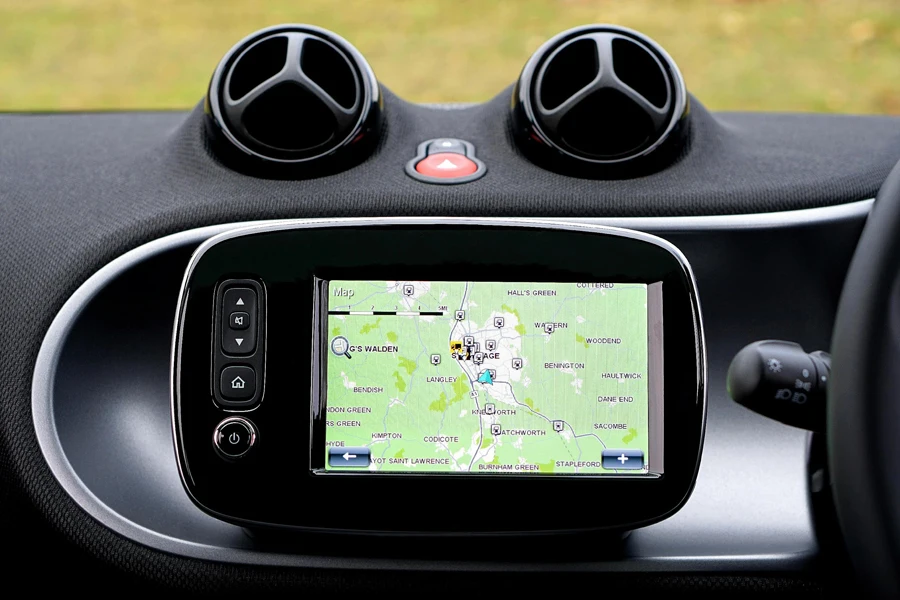
User-Friendly Interfaces
Ease of use is a significant factor contributing to the success of leading GPS trackers. These devices often come with intuitive mobile apps that simplify the setup process and provide real-time tracking and data analysis. The apps are designed to be user-friendly, allowing users to customize settings, view location history, and generate reports with minimal effort.
For example, the MOTOsafety GPS Tracker offers an app that integrates with Google Maps, providing clear route histories and geofencing capabilities. Compatibility with smart assistants further enhances the user experience by enabling voice-activated commands and updates, allowing users to effortlessly check the location of their assets or receive alerts through their smart home systems.
Versatility and Portability
The versatility and portability of top-selling GPS trackers make them suitable for a wide range of applications. These devices are typically small, lightweight, and battery-powered, offering multiple attachment options such as magnetic mounts, clips, and adhesive pads.
For instance, the Spytec GL300 GPS Tracker is a compact, battery-powered device that can be easily concealed in a vehicle or attached to valuable items. Its strong magnetic case ensures it stays securely attached even in harsh conditions. This flexibility allows users to discreetly place trackers in vehicles, bags, or on personal belongings, ensuring reliable tracking solutions in various scenarios. The compact design and robust performance of such devices make them highly sought after in the market.
Conclusion
The Smart GPS Tracker and Locator market is rapidly evolving, driven by technological advancements and increasing demand for security solutions. Innovations in AR, AI, 5G, and blockchain are set to further enhance the capabilities and applications of these devices, making them indispensable tools for personal and asset security. As the market continues to grow, these advancements will solidify the role of smart GPS trackers and locators as essential components in various industries, providing enhanced safety, efficiency, and reliability.

